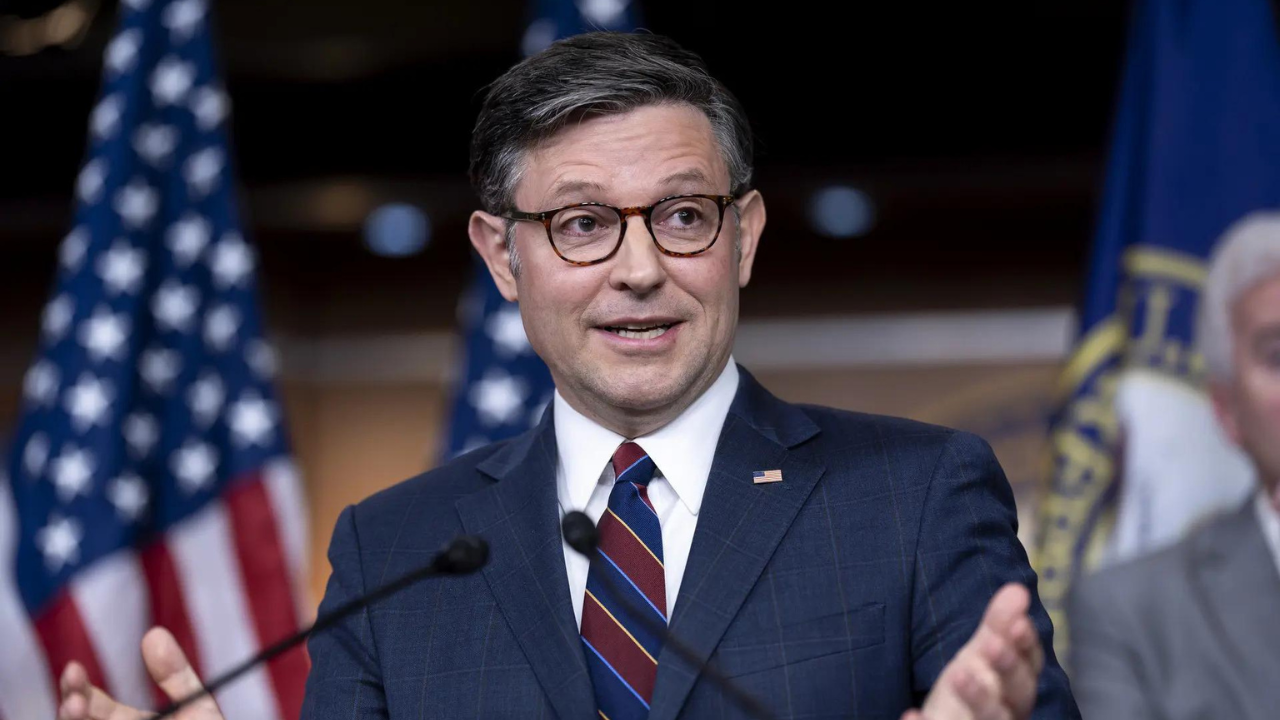This came after the Republican-controlled House rejected a bill that aimed to merge voting provisions with a six-month funding extension on Wednesday.
“While this is not the solution any of us prefer, it is the most prudent path forward under the present circumstances,” Johnson said.
“While I am pleased bipartisan negotiations quickly led to a government funding agreement free of cuts and poison pills, this same agreement could have been done two weeks ago,” Democrat Chuck Schumer said.
The new deal, agreed upon by the lawmakers, omits the voting provisions and extends funding only until December 20. This postpones the funding debate until after the November 5 election, where control of the House, Senate, and presidency is anticipated to be decided by narrow margins.
Donald Trump had earlier asked for the Republicans to reject the bill.
“If Republicans don’t get the SAVE Act, and every ounce of it, they should not agree to a Continuing Resolution in any way, shape, or form,” Trump had said earlier, expressing his support for the Act.
Meanwhile, the House is set to vote on a bill this week that allocates an additional $231 million for the US Secret Service, marking a significant increase following two assassination attempts on Donald Trump. Additionally, the bill includes $47 million in extra funding for security in Washington for the upcoming presidential inauguration.
The next Congress will be seated shortly after the New Year, while the inauguration of the next president—either Republican Donald Trump or Democrat Kamala Harris—is scheduled for January 20.






